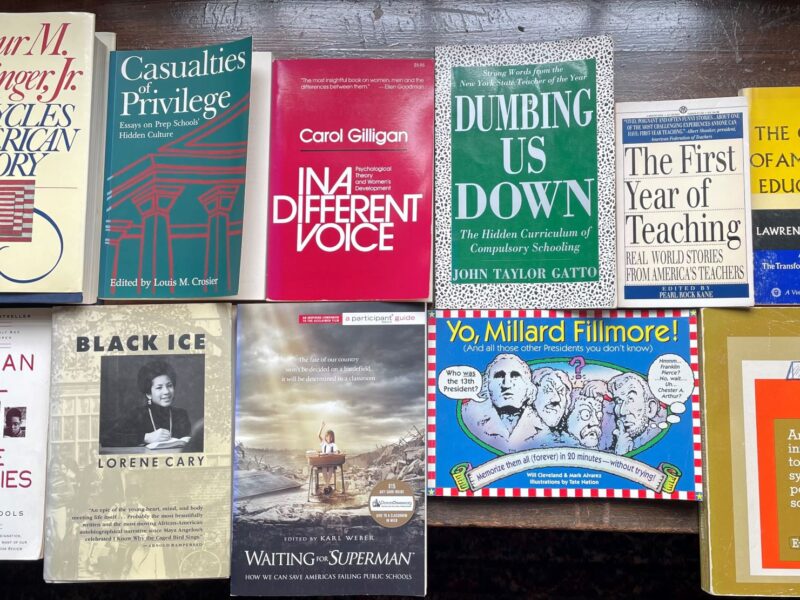In Too Much of a Good Thing: Raising Children of Character in an Indulgent Age, Harvard psychologist Dan Kindlon argues that the “psychological immunity” that kids must develop requires an acquaintance with painful feelings: “It’s like the way our body’s immune system develops. You have to be exposed to pathogens, or your body won’t know how to respond to an attack. Kids also need exposure to discomfort, failure, and struggle.” Otherwise, he maintains, “By the time they’re teenagers, they have no experience with hardship.”
Turning to the notion of quality time, Gottlieb observes, “Back in graduate school, the clinical focus had always been on how the lack of parental attunement affects the child. It never occurred to any of us to ask, what if the parents are too attuned? What happens to those kids?”
These days, it has become a badge of parental honor to boast, “I never miss my kid’s games.” (I know some who rarely miss a practice!) Just to offer the jolt of a different perspective, I like to urge parents to miss a game intentionally: “You’ll definitely have something to talk about later.” They invariably look at me as though I’ve been beamed down from Mars.
My point? Why are you really going to all the games? Does it fulfill a need that your child has? Or does it fulfill a need that you have? Maybe your father never went to your games. Maybe you’re trying to fix your family of origin. (Impossible.)
Family psychologist Jeff Blume believes that “we’re confusing our own needs with our kids’ needs and calling it good parenting.” He goes on to say, “It’s sad to watch. I can’t tell you how often I have to say to parents that they’re putting too much emphasis on their kids’ feelings because of their own issues. If a therapist is telling you to pay less attention to your kid’s feelings, you know something has gotten way out of whack.”
Turning to choice, Jean Twenge, co-author of The Narcissism Epidemic, observes, “We treat our kids like adults when they’re children, and we infantilize them when they’re 18 years old.”
Maybe we give our kids a lot of choices because we didn’t have them growing up. However, Gottlieb notes, “We didn’t expect so much choice, so it didn’t bother us not to have it until we were older, when we were ready to handle the responsibility it requires.”
Gottlieb’s motivation is fueled by too many patients who seem to love their parents but can’t handle life. As a parent, which would you rather have: a teenager who occasionally professes dislike for you but grows into a well-adjusted 30-year old – OR – a 30-year old who loves you but can’t function as an adult?
If, like me, you’re a Baby-Boomer, you probably want both. So, stay focused on discipline and respect, and chances are you’ll end up with a well-adjusted adult and a loving relationship. On the other hand, focus on nurturing a loving relationship and you may well end up with neither. And that’s a lot worse than the sound of fingernails on a chalkboard.
Onward, Malcolm Gauld


